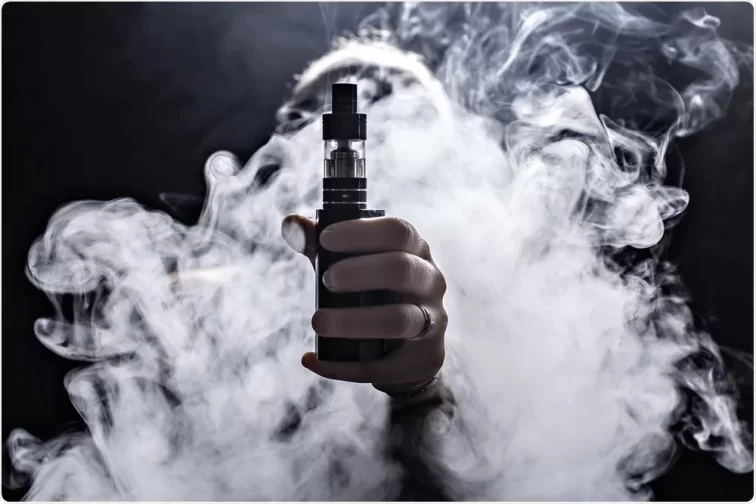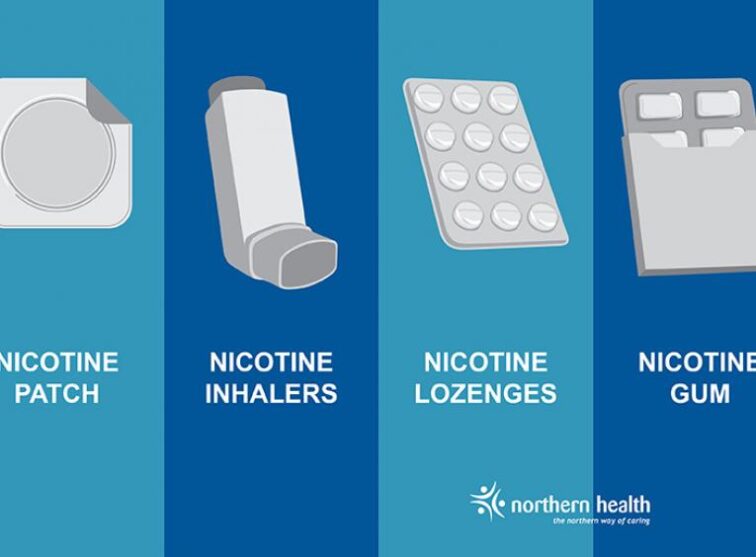Smoking is becoming very popular amongst Generation Z as they see it as a counter-culture at the moment and the rise of vapes is making the habit seem cool and less stigmatized. Many might not realize that, while smoking might be fun during the moment, one of its most troubling side effects – apart from causing cancer – is harming one’s sleep due to the nicotine contained in a cigarette.
Nicotine is a powerful stimulant in cigarettes and according to studies, smokers are more likely to experience sleep troubles than non-smokers. People who smoke, vape, or use other tobacco products tend to take longer to fall asleep, wake up more often during the night, and sleep fewer hours.
Using or continuous use of nicotine can also change how the body moves through the stages of sleep. Tobacco users tend to spend longer time in the lighter stages of sleep, leading to more nighttime awakenings, and less time in the deep and restorative stage of sleep.

Many would wonder how Nicotine keeps you awake. Nicotine is a stimulant and works quickly in the body, causing a rapid release of hormones that increase a person’s breathing, blood pressure, and heart rate.
Long term consumption of Ultra-processed foods and drinks increases the risk of depression.
Studies further suggest that during nicotine withdrawal for smokers, tiredness is a common symptom. Withdrawal occurs when the level of nicotine in the blood goes down, triggering uncomfortable symptoms as the body begins to seek out more of the drug.
Other symptoms of nicotine withdrawal include:
Cravings
Anxiety
Depression
Nightmares
Headaches
Irritability
Difficulty concentrating
Hunger
Fortunately, the symptoms of nicotine withdrawal are temporary. The worst symptoms generally occur around two to three days after quitting. Daytime tiredness tends to slowly get better during the first 20 days after quitting.
Its important to note that Nicotine replacement therapy is a type of treatment used to help people quit smoking and vaping. By providing the body with a small amount of nicotine, research shows that products like nicotine gum, patches, and lozenges can reduce the symptoms of nicotine withdrawal. Some people have trouble sleeping within the first several days after starting nicotine replacement therapy, especially when using the nicotine patch.
While they may temporarily make it more difficult to sleep, experts emphasize that the benefits of using nicotine replacement therapy far outweigh the risks of continuing to smoke or vape. Additionally, trouble sleeping while using nicotine replacement therapy typically goes away over time.





